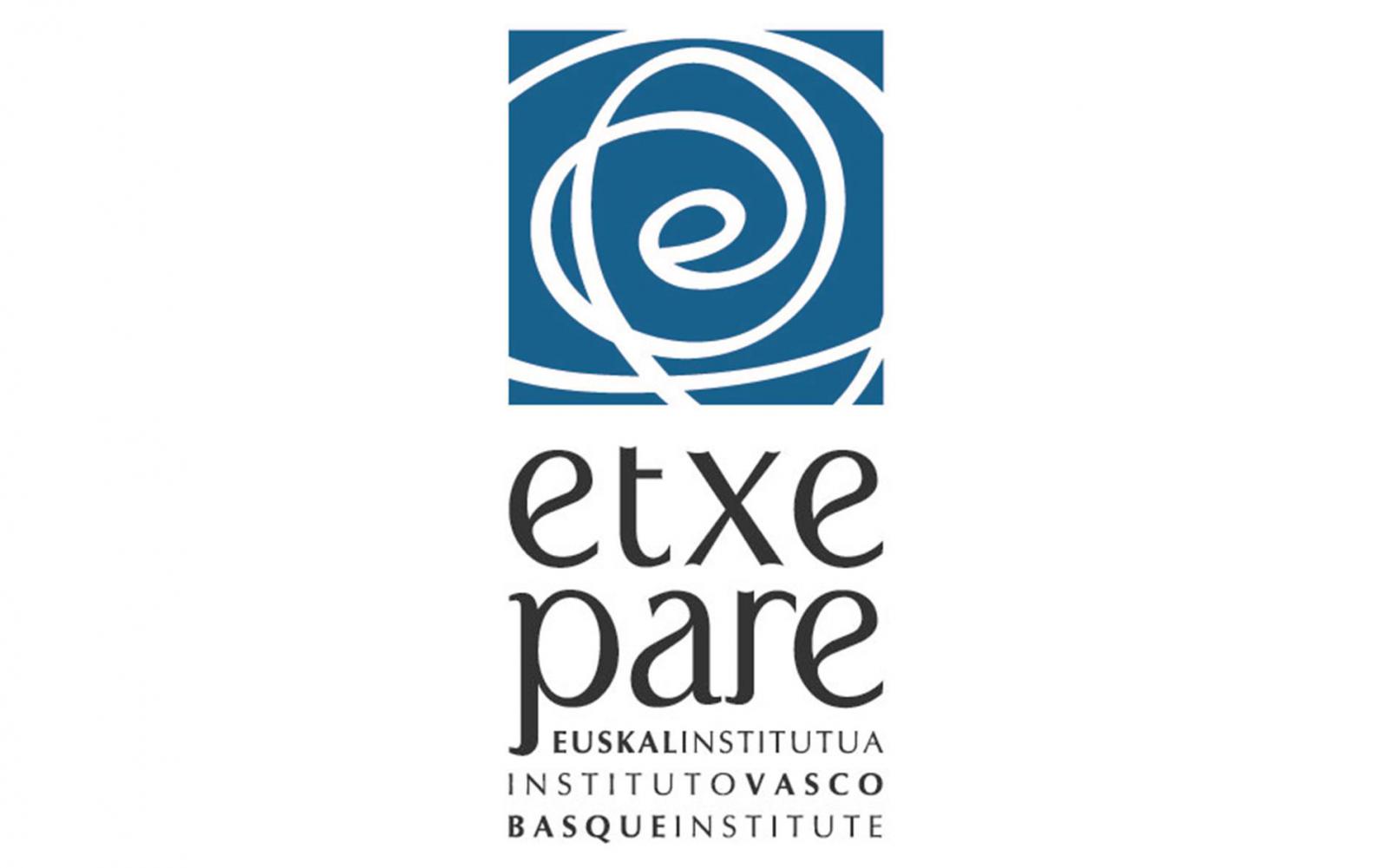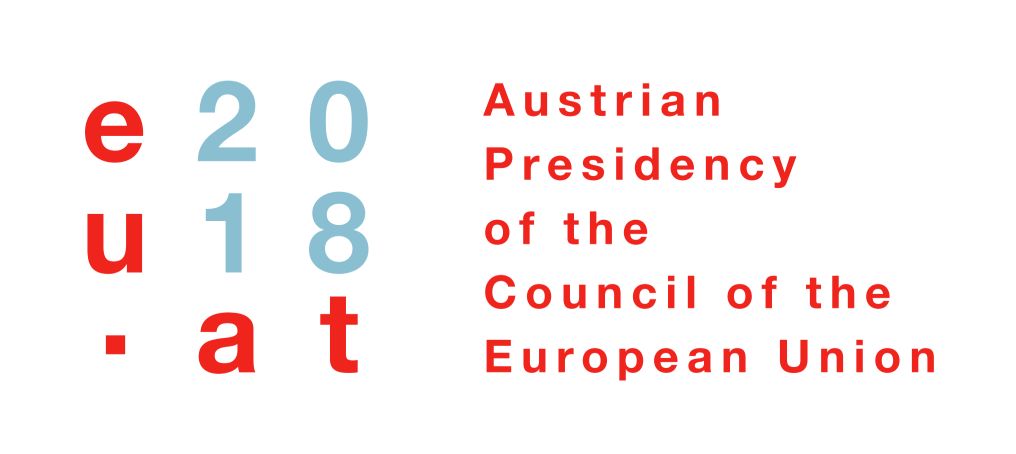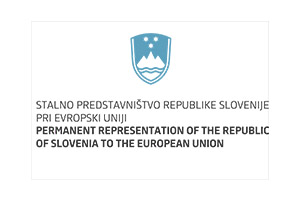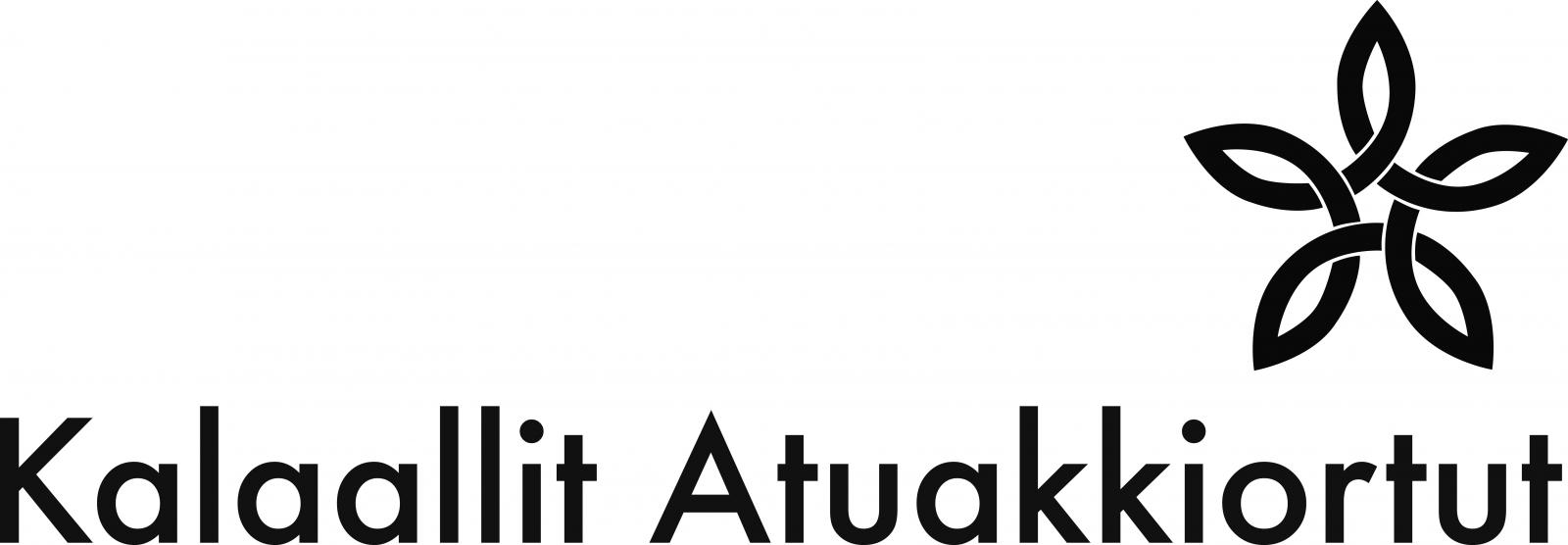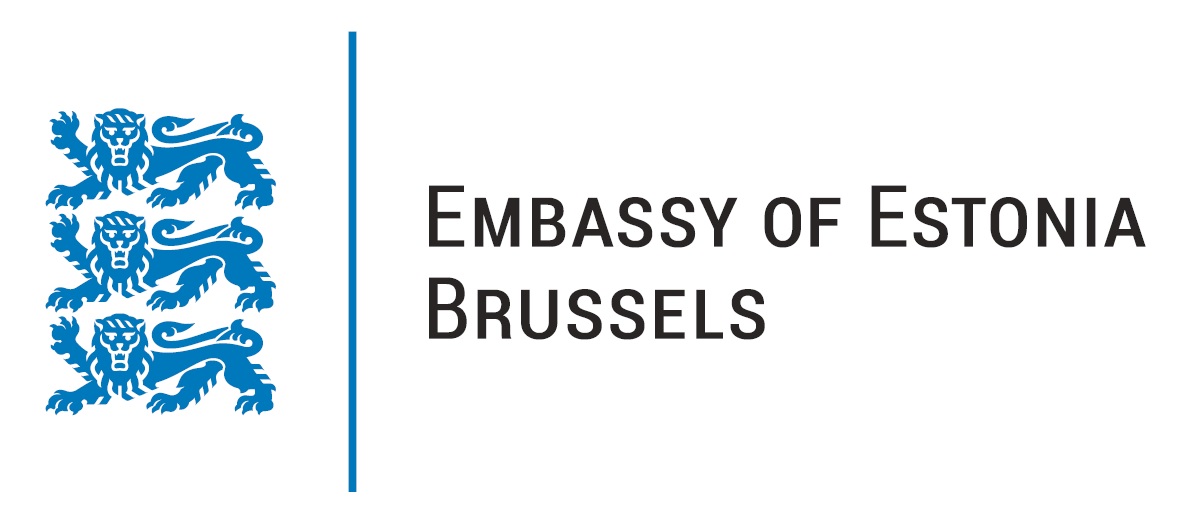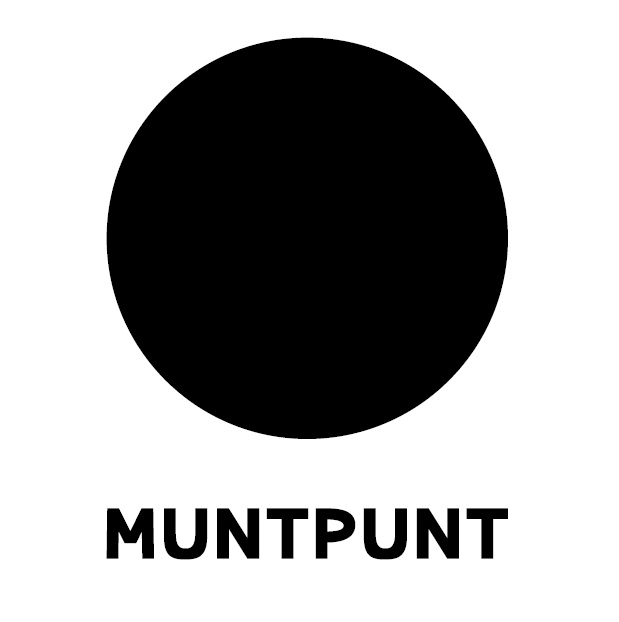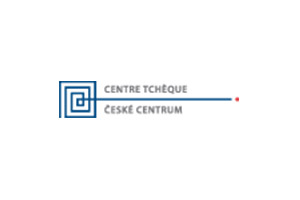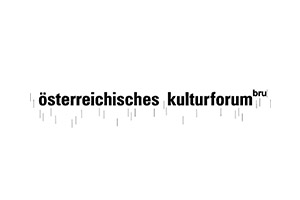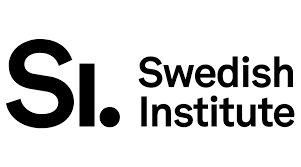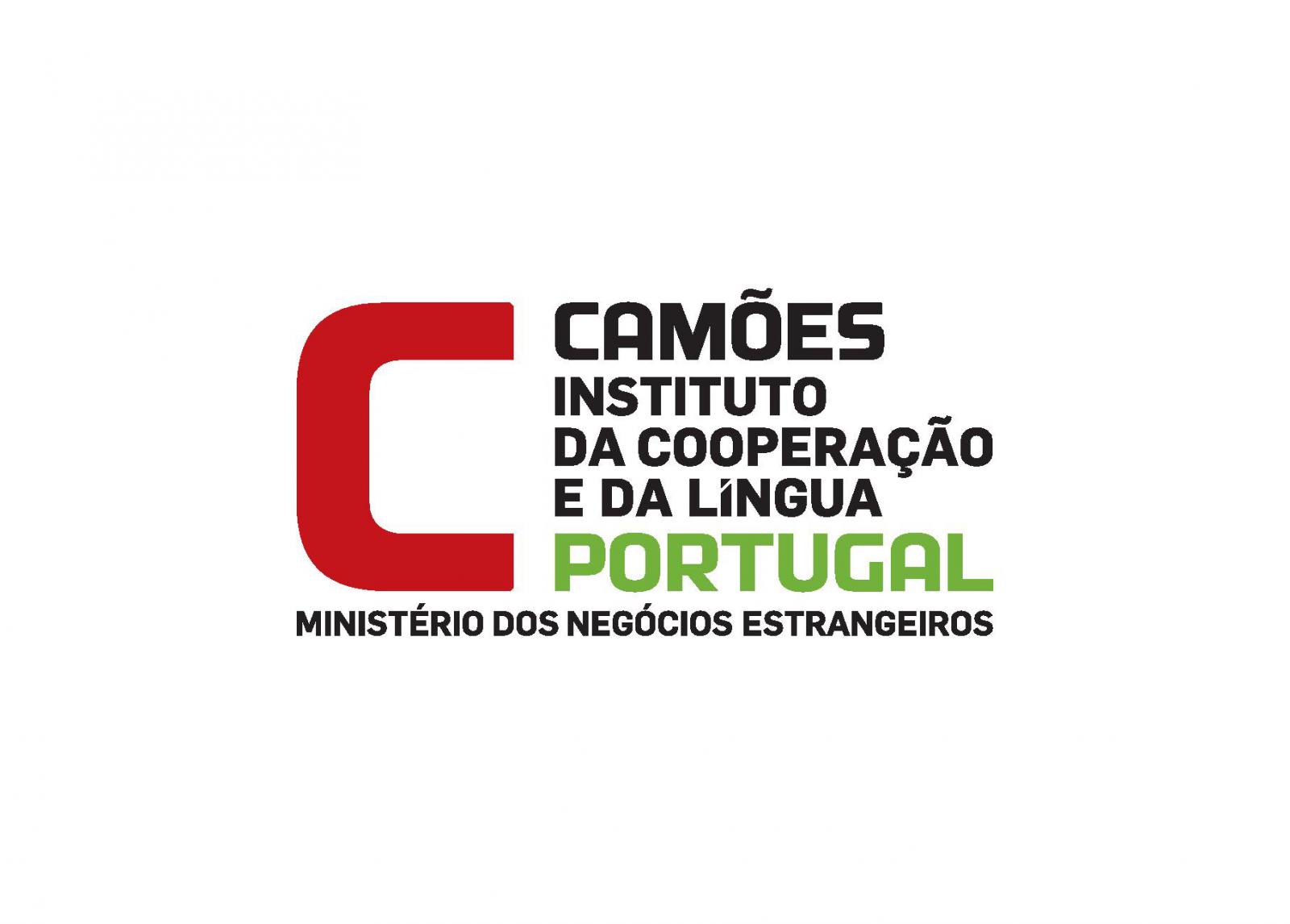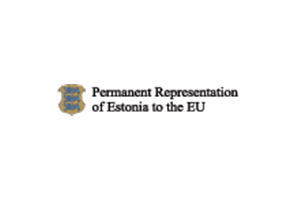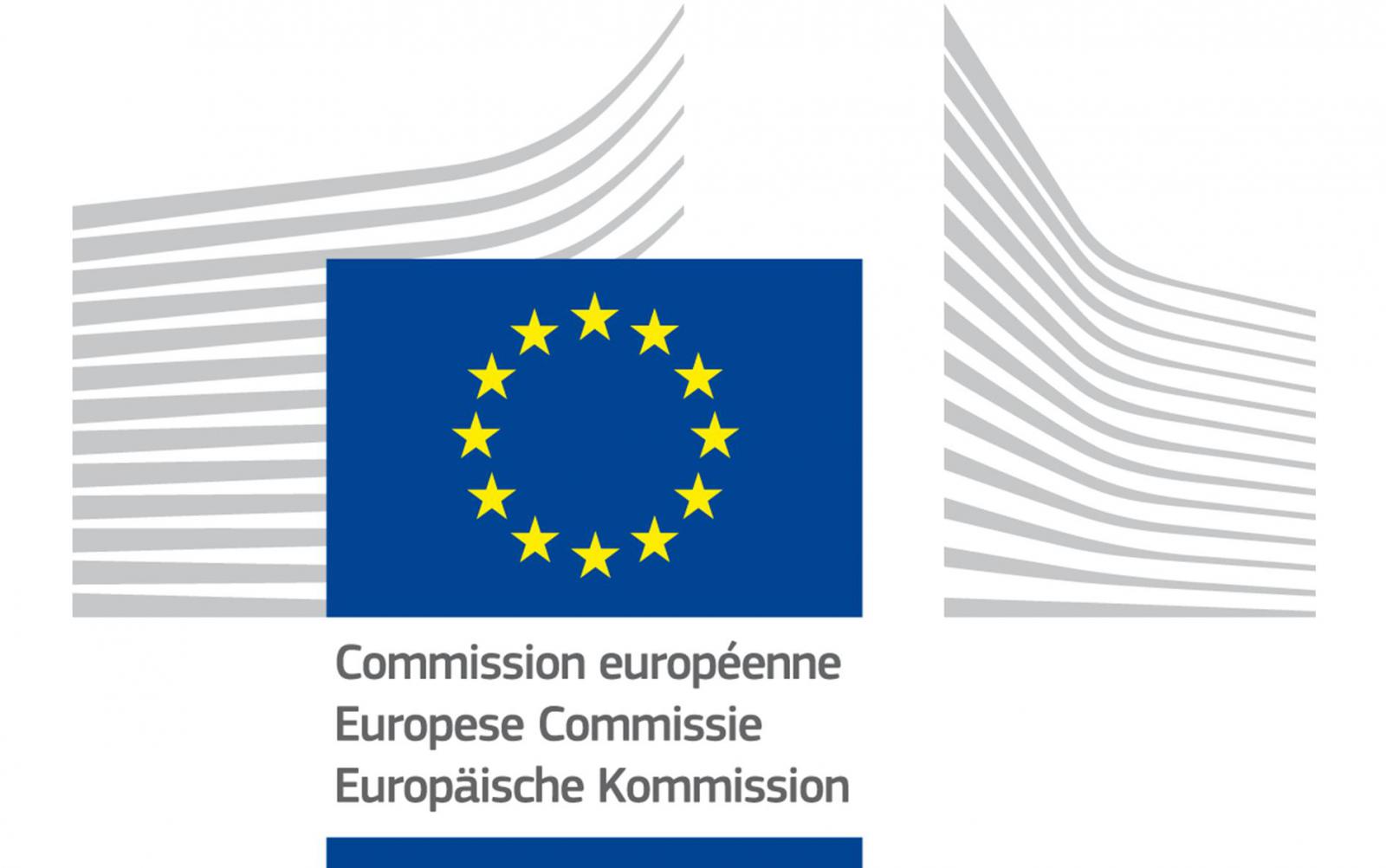Find a poem
Latest updates
-
TRANSPOESIE 2025
09/24/2025 -
Transpoesie 2025 - Programme
09/24/2025 -
Transpoesie 2025 - Open Call
04/16/2025
Отпадоци
Отпадоци
Собираш со децата сликички, школки,
поштенски марки и разгледници,
ги редите посветено во фиоки и кутии,
смешкајќи се дури жена ти ви дофрлува
„само ѓубре правите“,
а не знаеш дека одненадеж ќе дојде ден
или поскоро ноќта на тој ден
кога газ преку глава ќе се тетеравиш по гаќи
по помошните скали од влажно железо
тресејќи се во спротивна насока од домот,
со раце празни како ископан гроб
и тупаници црни од ударите во пламенот,
нуркаш надвор од дијаметарот на божјата волја,
гледаш зад себе, а нив ги нема, далечен крик и штама,
гол и мал под млазот што те враќа во живот,
а сам го туркаш во спротивната насока,
само да умреш сакаш, да издивнеш под ќебето зад грмушката.
Тие се мртви.
Се влечкаш до контејнерот кај што вчера ги фрли последните отпадоци.
Без прсти пребираш во реата, еве го зеленото ќесе со лушпи од портокали,
со обвивки од чоколатцата што ги купи враќајќи се од работа,
со крајчето од последната салама и смачканите кутијки сокчиња
што ги испија децата пред да си легнат,
сè што ти остана од вас, од твојот живот во кој си сега сам,
ги душкаш, ги бакнуваш и секоја лушпа ја составуваш во целост,
трошките од чоколатцата ги собираш во златца, крајчето од саламата
те замелушува со една позната домашност,
врз сламките од сокчињата е последната плунка на твоите деца.
Ова зелено ќесе со отпадоци е сè што е твое сега.
„Треба да се почне од почеток“, ти велат.
А ти би знаел како да почнеш од средина, како да го смениш старото,
како да е подобро, поубаво, посакано,
а кога мртвите не се веќе живи
никој не знае како да почне ни од крај ни од почеток.
Знаеш, добро знаеш како животот се претвора во отпадок,
но не знаеш како овие отпадоци да ги претвориш во живот.
Rubbish
You collect stickers and shells with your children,
and stamps and postcards,
arrange them devotedly in drawers and boxes,
smiling as your wife calls out
“you’re only creating rubbish,”
not knowing that suddenly a day will come
or rather the night of
that day
when you will be staggering blindly in your underwear
down the wet iron fire-escape.
Tottering away from your home,
with hands as empty as a new-dug grave
and fists black from beating the flames,
you dive beyond the diameter of God’s will,
looking behind you, and they are not there, a distant cry and a profound silence.
Naked and small under the hose that brings you back to life,
while you shove it away,
to die is all you want, to expire under the blanket behind the hedge.
They are dead.
You drag yourself to the rubbish bin where you threw the last rubbish yesterday.
With numb fingers you rummage the stench, there, the green plastic bag with the orange peel,
the silver paper from the chocolate you bought coming home from work,
the end of the last salami and the crushed cartons
the children drank their juice from before they went to bed:
all that is left of all of you, of your life where now you’re alone.
You smell them, kiss them, and restore each peel to wholeness,
you gather the chocolate crumbs in the silver paper, the end of the salami
makes you dizzy with its familiar homeliness,
your children’s last saliva is on the drinking-straws.
This green plastic bag of rubbish is all that is yours now.
You need to start again from the beginning, they tell you,
while you would know only how to start from the middle, how to change the old,
make it better, nicer, more loved.
But when the dead are no longer alive
nobody knows how to start from either the end or the beginning.
You know, you know very well, how life is turned into scraps of rubbish,
but not how these scraps of rubbish can be turned into life.
Translation: Ljubica Arsovska & Peggy Reid
Afval
Je spaart samen met je kinderen plaatjes, schelpen,
postzegels en ansichtkaarten,
jullie doen ze vol toewijding in laatjes en doosjes,
met een glimlach, totdat je vrouw tegen jullie roept:
‘Wat maken jullie een rommel,’
maar je weet niet dat ineens de dag zal komen
of eerder nog de nacht van die dag
dat je halsoverkop in je onderbroek
over de natte, ijzeren noodtrap klautert,
rillend, bij het huis vandaan,
en met je handen leeg als een pas gedolven graf
en je vuisten zwart van het in de vlammen slaan,
wankelend wegloopt, buiten het bereik van Gods wil,
je kijkt achterom, naakt en klein onder de straal die je weer tot leven wekt,
maar je draait hem om in tegenovergestelde richting –
ze zijn er niet meer, een verre kreet en stilte,
en je wilt alleen nog maar sterven, je laatste adem uitblazen onder een deken achter een struik.
Ze zijn dood.
Je sleept je naar de container waar je gisteren de laatste rommel in gooide.
Met je kapotte handen graaf je in het vieze afval, daar is de groene zak met sinaasappelschillen,
met de zilverpapiertjes van de chocola die je op de terugweg van je werk kocht,
met het laatste restje salami en de verkreukelde pakjes van de sapjes
die je kinderen dronken voordat ze naar bed gingen,
alles wat nog van jullie over is, van je leven waarin je nu alleen bent,
je ruikt aan de schillen, kust ze en probeert ze tot een geheel samen te voegen,
je doet de restjes chocola in een zilverpapiertje, en het restje salami
bedwelmt je met een vertrouwd gevoel van huiselijkheid,
op de rietjes in de pakjes zit het laatste spuug van je kinderen.
Die groene vuilniszak is nu nog alles wat je hebt.
‘Je moet opnieuw beginnen,’ zeggen ze tegen je.
Maar wist je maar hoe je bij het midden begint, of hoe je het oude vervangt,
hoe het beter, mooier of wenselijker zou zijn,
maar als de doden niet meer leven
weet niemand hoe je bij het einde of bij het begin zou moeten beginnen.
Je weet, en wel heel goed, hoe het leven in afval verandert,
maar niet hoe je dat afval weer kan veranderen in leven.
Vertaling: Roel Schuyt


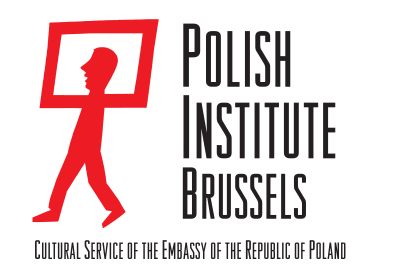
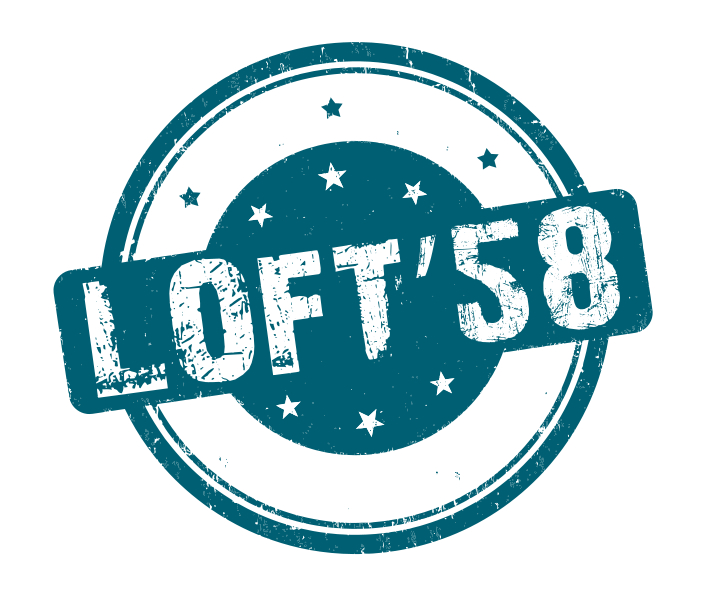
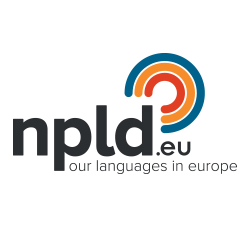


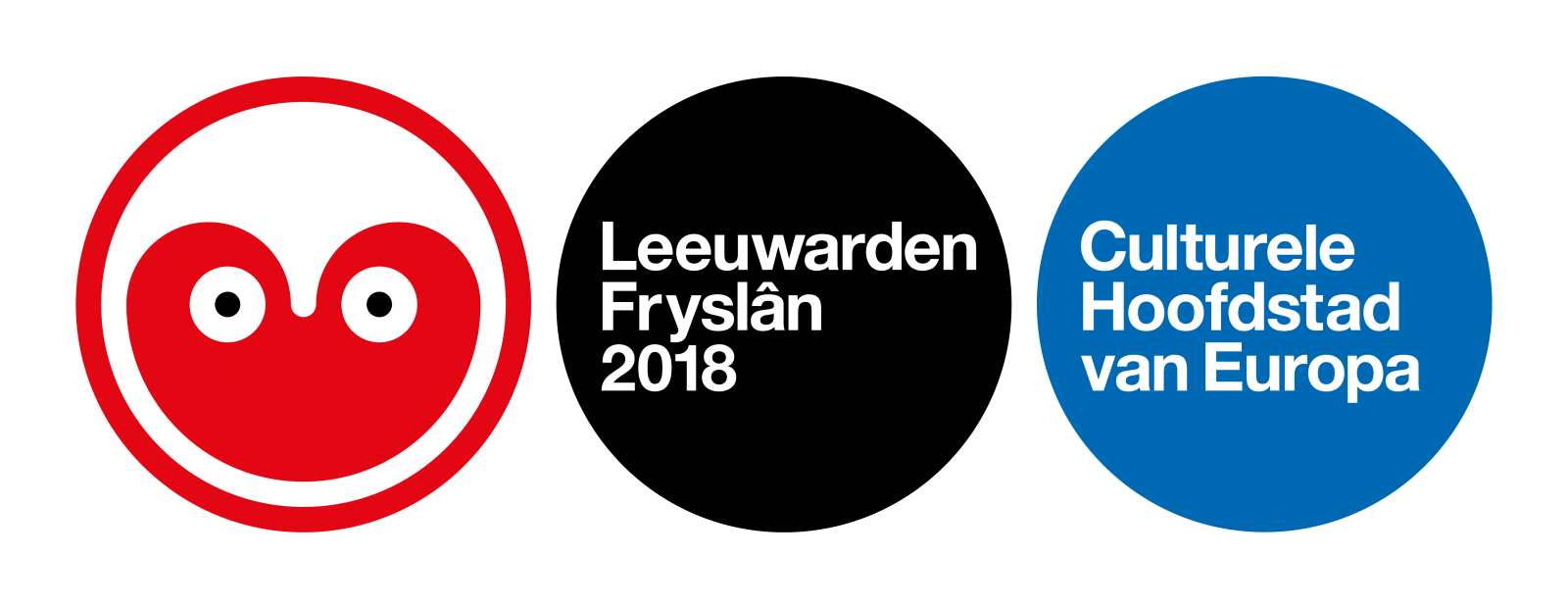
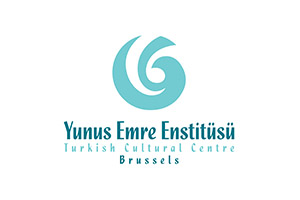

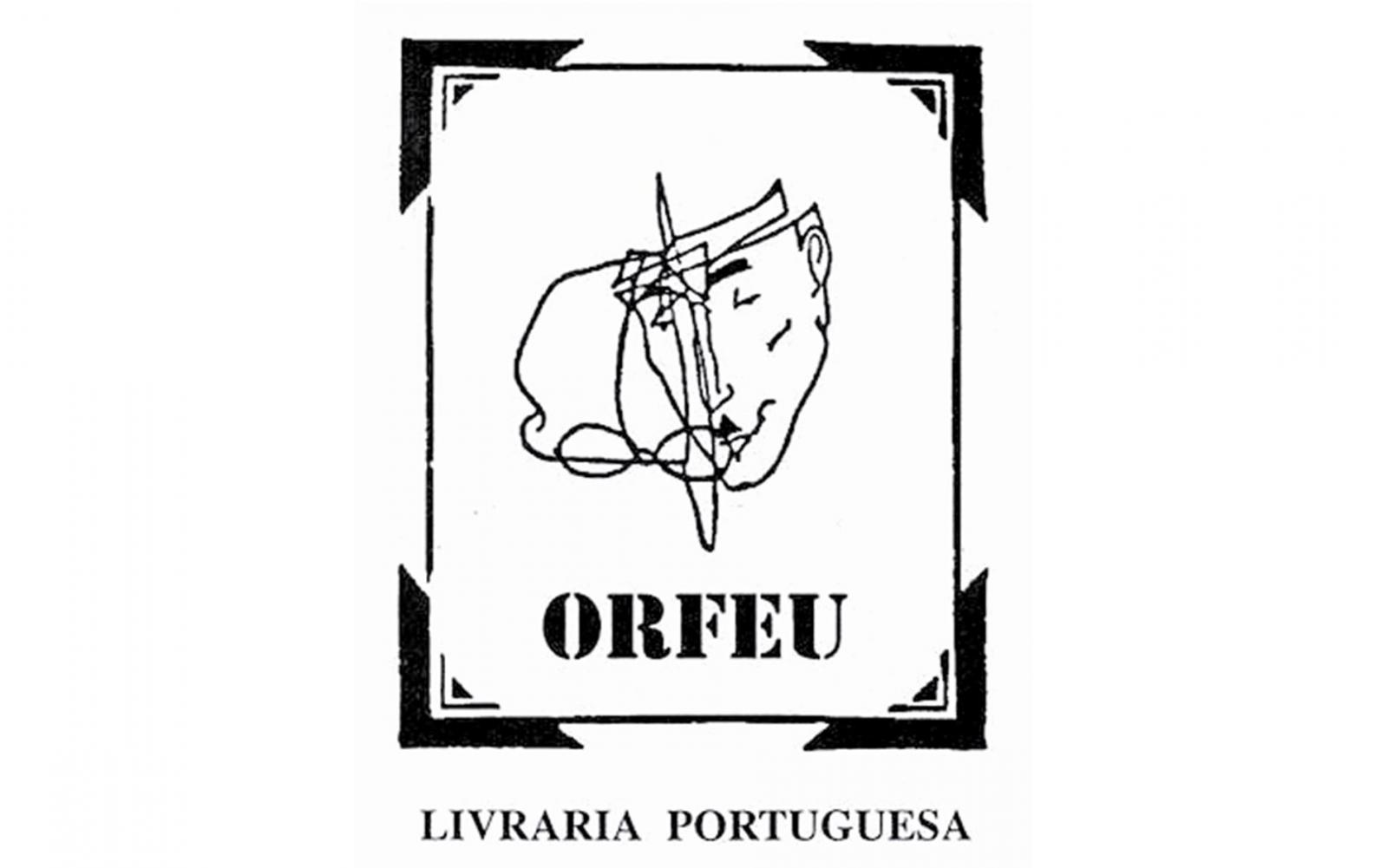
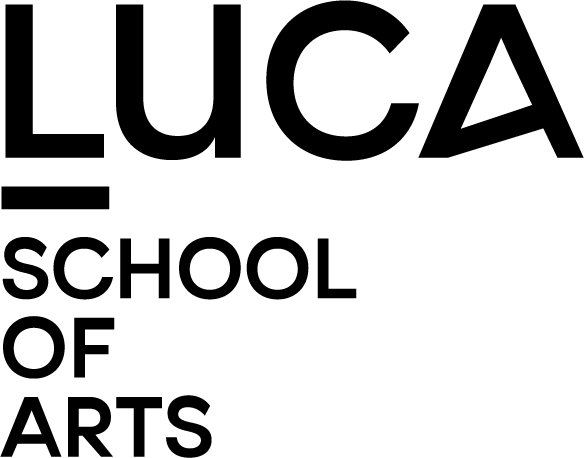

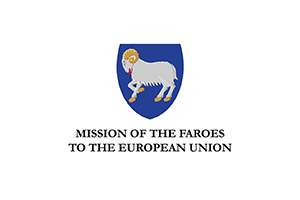
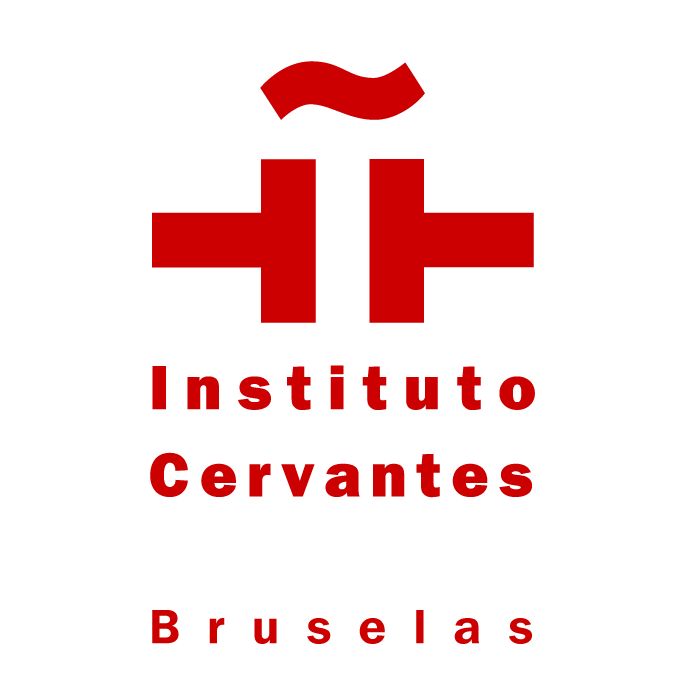
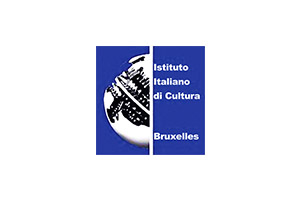

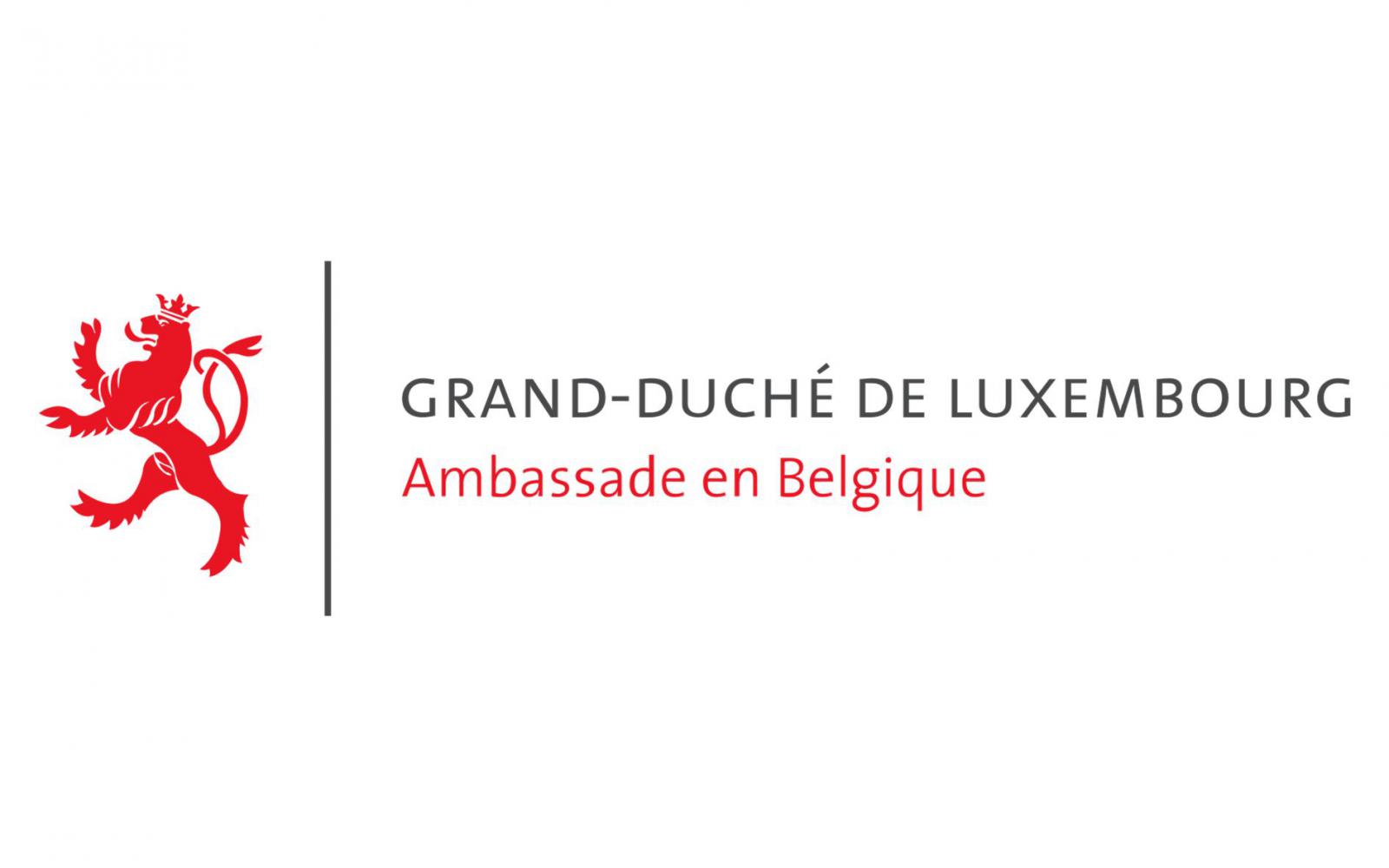
/RO - on the website.png)
